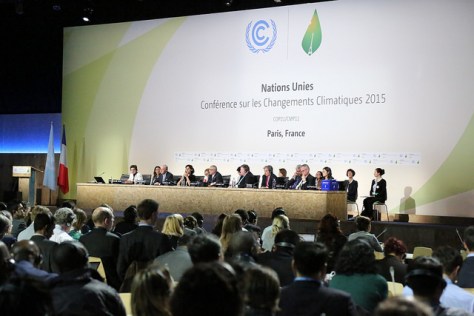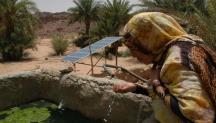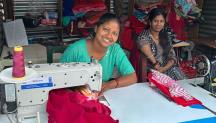

7 Things You Need to Know about Renewable Energy at COP21
Newsletter
As world leaders take the stage today at the opening of COP21, transitioning to a world powered by renewable energy will be at the core of their messages, whether they explicitly say so or not. Here are seven things you need to know about renewable energy as it relates to COP21:
ONE: Renewable energy is key to decarbonisation: A crucial issue on the table at COP21 is whether to adopt a long-term decarbonisation goal. To date, more than 120 countries have expressed support for such an approach. Given that the energy sector accounts for two-thirds of global emissions, renewable energy will be central to achieving whatever goal is ultimately adopted.
TWO: Energy Day is part of the Renewable Energy Track at the COP: The RE track will kick-off with a series of workshops on December 4 aimed at identifying and demonstrating important opportunities and benefits offered by renewables in a range of sectors including agriculture, industry, cities and transport.

THREE: Exciting developments and innovations will be live streamed: On Sunday, December 6, a high level conference will be held in the heart of Paris looking at exciting developments and innovations in relation to renewable energy. The program and speaker line-up is available here, and while attendance is by invitation-only the conference will be live-streamed (URL to be announced at http://re-energising.org/)
FOUR: Paris isn’t Copenhagen: The renewable energy landscape has changed dramatically in the six years since the last major UN climate conference in Copenhagen, 2009. Solar PV module costs have fallen as much as 80% since then, and wind turbine prices have fallen by almost a third. In just the last three years, the world added more than 100 gigawatts of new renewable energy capacity every year – a number equivalent to the total installed generation capacity of Brazil. Renewable energy technologies are creating more jobs on average than fossil fuel technologies.
FIVE: It’s all about momentum: Renewable energy is a good news story, changing the climate narrative from one of sacrifice to one of opportunity. This allows governments to commit to going farther and faster, and thus creates momentum for the COP. The reverse is also true: it is the countries with strong renewable targets and enabling policies in place where deployment is increasing the fastest. COP21 has the power to speed up the renewable energy transition by taking decisions which put the world on a pathway to keeping global temperature rise as far below 2°C is possible.
SIX: Countries are making bold commitments: Countries representing more than 90% of the global economy have submitted pledges (INDCs in COP terminology) to reduce their emissions. Nearly all of them address energy consumption or production. In addition, 164 countries have adopted renewable energy targets aimed at speeding up the transition.
SEVEN: Monday December 7 is Energy Action Day at COP21: The morning will focus on renewable energy, while energy access will be addressed in the afternoon. A wide range of new initiatives will be announced by governments and business. More information here.
To join the conversation about renewable energy during COP21, follow #REenergise on Twitter.




